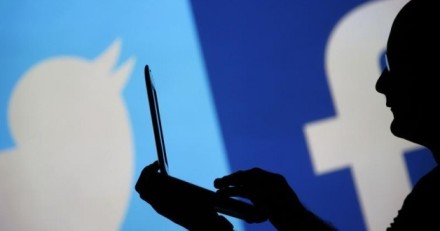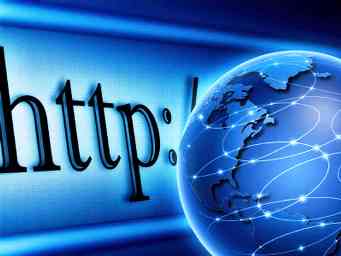The Internet empowers people and allows disenfranchised and downtrodden to raise their voices. Activists tell each other where to protest, while and against what or whom. Police brutality is videoed and evidence of corruption shared with the millions. In brief, the Internet is good for democracy. Or is it? I got thinking last week after a discussion we had on subject at this year's Bodrum Roundtable, an annual meeting of 50 odd politicians, think-tankers, editors and other people who shape policy, hosted by Istanbul's EDAM think-tank and UK-based Centre for European Reform.

The relationship between the Internet and politics is not simple. At the end of the 1990s, 4% of the world's population were using the Internet; nowadays it is 40%. The number of movements, uprisings and campaigns that make use of Twitter, Facebook or other new media sites has probably risen as exponentially. The share of countries that Freedom House, NGO, classifies as free, partly free and unfree has hardly budged since 1999. In battle between networks and hierarchies, hierarchies seem to be winning more frequently than not.
One reason certainly is that autocrats have become as skilful at using the Internet as activists. Governments hold a large amount of data on their citizens. They use the Internet and mobile phones to discover opposition leaders. They restrict access to Internet and employ armies of people to vet and skew the conversation online. Some argue that person empowerment through the Internet fosters repressive responses. Others say the Internet acts as political release valve and therefore helps dictators stay in power.
Still the most determined autocrat cannot fully control political activity online. Unplugging the Internet as the crudest measure is becoming more painful as more economies depend on it. While Egypt shut down the networks at the height of the Tahrir Square protests in 2011, the country's financial system almost went down too. Tech-savvy users are likely to get around attempts at official censorship. Unable to control input, some governments try to contain outcomes. The Supreme People's Court in China stipulates that defamation becomes punishable if it is retweeted in excess of 500 times or read by more than 5,000 people on the Internet.
As governments are losing control, Internet activists are not of necessity gaining power. Online movements frequently have lasting impact only if they produce traditional political activity for example street protests or the establishment of parties. For this, they require leadership. Though, Internet activists often reject leadership since they see themselves as pure grassroots movements. In the absence of leadership, strategies and compromise, most Internet-aided uprisings have dissipated rapidly.
Some people warn that the Internet may not only be ineffective in the fight against tyranny, but it can also be making politics in established democracies more volatile.
Simply 16% of Americans in their forties read newspapers these days. The share among twenty-something's is 6%. Yet in the UK, with its vibrant print market, newspaper circulation has halved in the last 15 years. As digital media offer great diversity and easy access, they encourage people to retrieve only information and commentaries that fit their existing views. Even as traditional media can present their readers with balanced coverage, digital media might fuel political polarization.
Political firebrands, populists and radicals, from Beppe Grillo in Italy to the Tea Party in US, use social media and blogosphere to appeal straight to potential supporters. Populists' rejection of "traditional" politics fits well with new forms of association (think Facebook support rather than party membership). The Internet allows political upstarts to amass a large following speedily. A lot of of them disappear from the political scene just as fast. But their ebb and flow can unsettle established politics, for example whilst centrist parties move to right to lure voters away from more extreme parties.

Intelligent politicians have long embraced social media. Such as "Barack Obama" have more than 38 million followers on Twitter. Turkish Prime Minister Recep Tayyip Erdogan reaches 3.5 million on this way. Talking back to authority on the Internet gives people a sense of empowerment, other than they also want their leaders to hear them and act upon their wishes and grievances. As Obama's Twitter account follows 600,000 people (who can potentially respond to him), Erdogan follows no one. If politicians use social media as a one-way street, young people may get disenchanted with their "unresponsive" leaders.
Young people may feel that they have exhausted their civic duties by joining debate online. They do not join parties, trade unions or other interest groups that are essential for a smooth political procedure. The average age of party members in Germany is between 50 and 60. In the UK, pensioners over 60 are more probable to be members of a trade union than workers under 30. Without civil society organizations, politics becomes more disjointed and less cohesive and finding workable compromises becomes harder.
A more realistic assessment of what the Internet is able to bring to politics is welcome. Yet we must not become pessimistic or defeatist. Yes, Internet can be used for propaganda, populism and repression. Other than it also informs, unites and empowers people in completely new ways and helps them to fight for their human rights and freedoms.